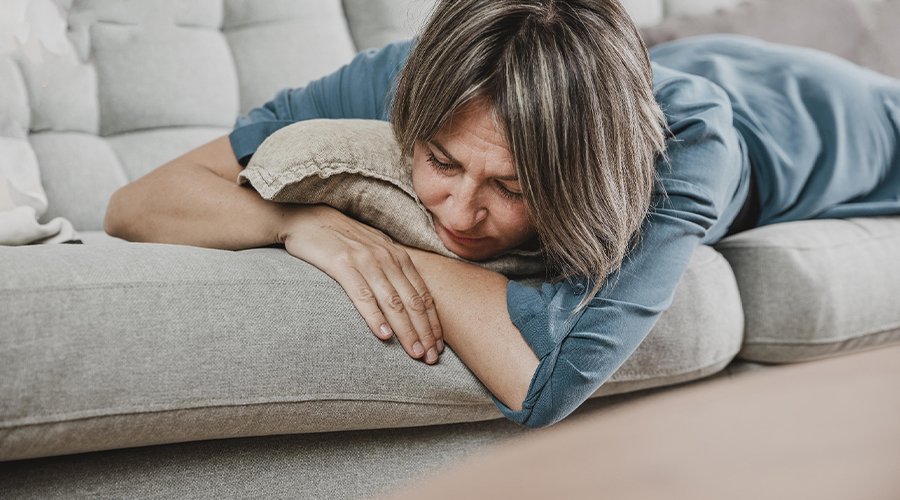
The relationship between sleep and mental health has long been recognized, but recent research increasingly highlights the close connection between these two areas. Proper sleep is crucial for maintaining both physical and mental health, while sleep deprivation can exacerbate various mental issues. This article examines how sleep affects stress and anxiety and what steps we can take to develop better sleep habits.
The relationship between sleep and stress
Stress is a natural response to challenges, but when it becomes chronic, it can lead to numerous health problems. Sleep plays an essential role in allowing our bodies and brains to properly respond to stress. Adequate and high-quality sleep promotes emotional regulation and reduces levels of stress hormones such as cortisol.
Research indicates that sleep deprivation increases negative emotional reactions to stress. A 2015 study found that individuals who did not get enough sleep experienced higher levels of stress compared to those who were well-rested. Thus, sleep can help us better manage daily challenges and reduce stress.
The connection between sleep and anxiety
The relationship between anxiety and sleep disturbances is bidirectional: anxiety makes falling asleep and obtaining restorative sleep more difficult, while poor sleep increases anxiety levels. Sleep disorders, such as insomnia, frequently occur in individuals with anxiety disorders. Research shows that treating insomnia can significantly reduce symptoms of anxiety.
A 2017 study demonstrated that poor-quality sleep contributes to the development and persistence of anxiety. Disruptions in sleep phases, especially the omission of deep sleep stages, heighten the brain’s “danger detection” responses, which can lead to anxiety. Therefore, establishing good sleep habits is crucial for managing and preventing anxiety.
Tips for better sleep
Developing better sleep habits can contribute to reducing stress and anxiety. Here are some proven methods that can help achieve restorative sleep:
- Set a regular sleep routine: try to go to bed and wake up at the same time every day, even on weekends. Consistency helps regulate your internal clock.
- Create relaxing bedtime rituals: engage in relaxing activities before bed, such as reading, meditating, or taking a warm bath. These activities can help calm your mind and prepare your body for sleep.
- Avoid stimulants before bed: consuming caffeine, nicotine, and alcohol before bedtime can make falling asleep more difficult. Try to avoid these substances in the late hours of the day.
- Create an ideal sleep environment: improving the quality of your sleep can be achieved by making your bedroom dark, quiet, and cool. A comfortable mattress and pillow also contribute to restful sleep.
- Exercise regularly, but not before bed: regular physical activity helps reduce stress and improve sleep, but it’s important not to engage in intense exercise right before bed, as it can stimulate your nervous system.



